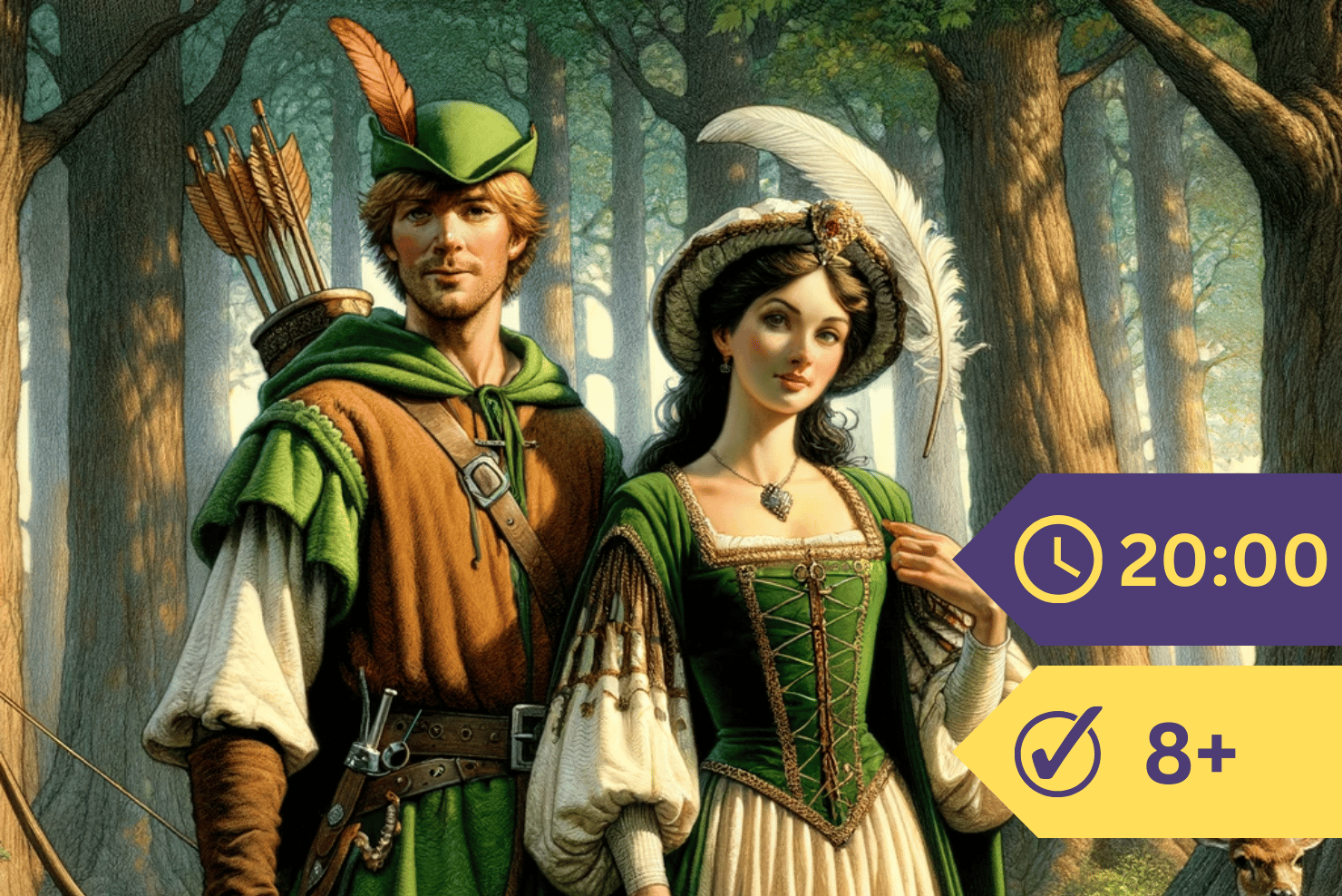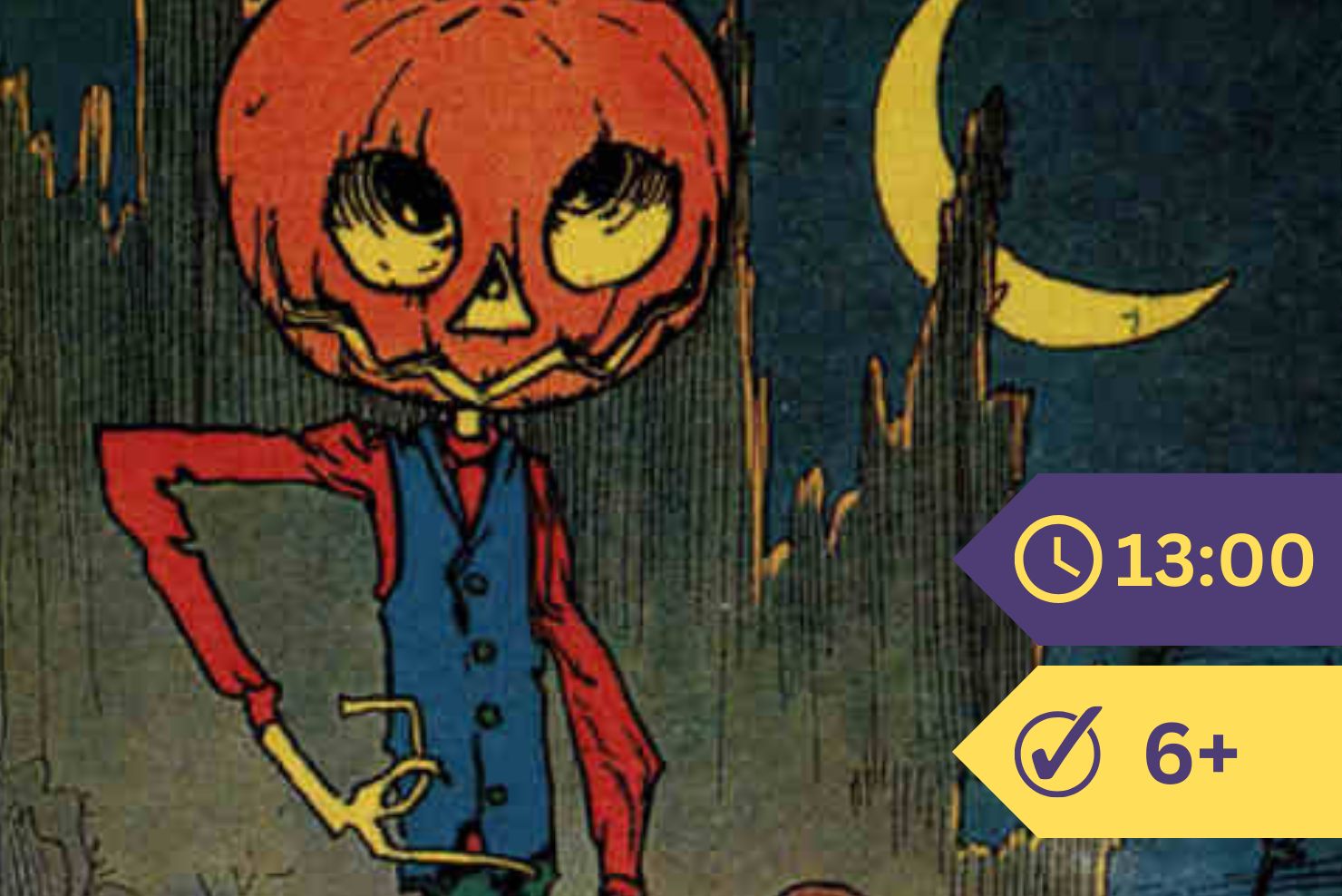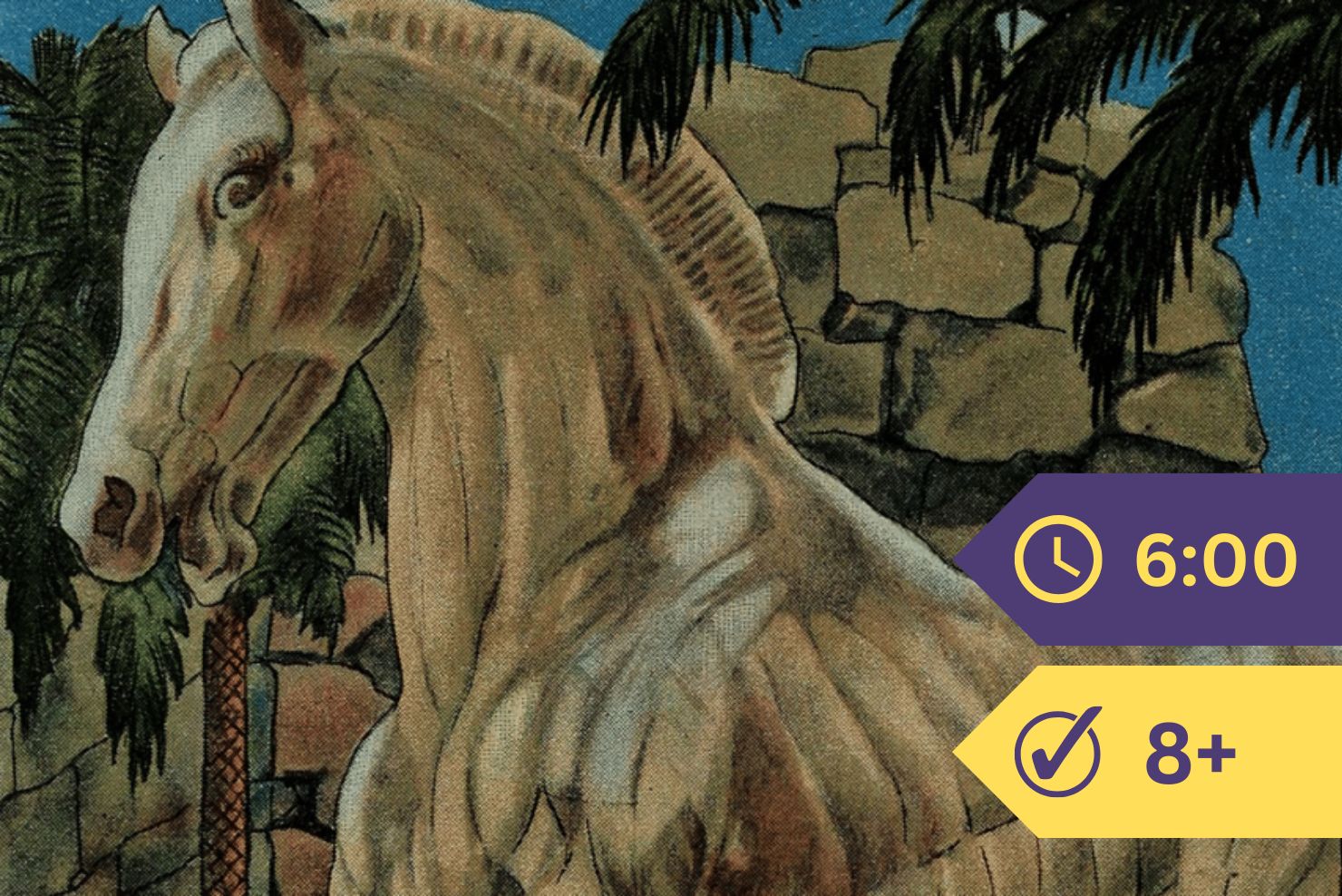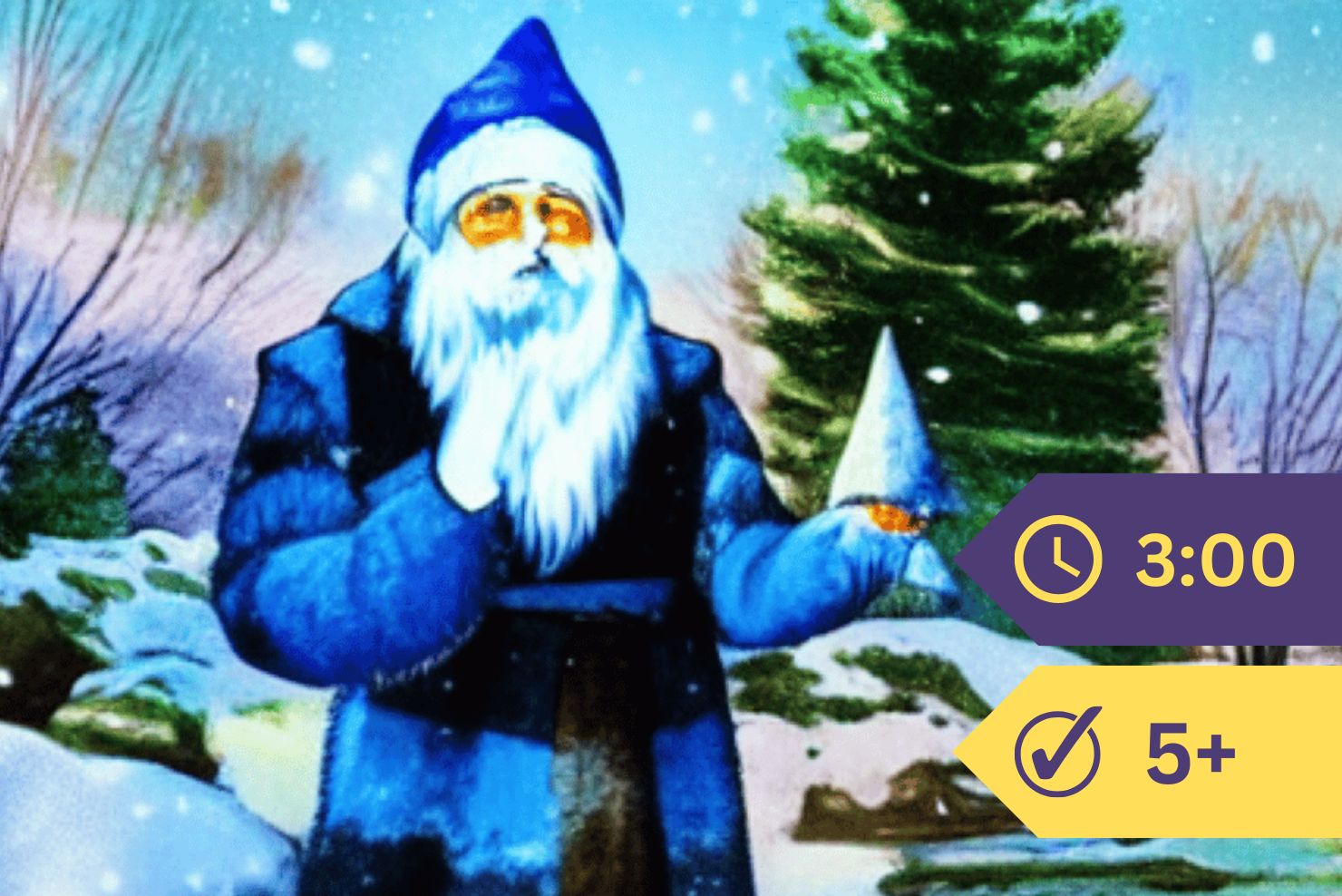“Friend Sancho,” said Don Quixote, “let us bury all our differences, and tell me when, how, and where didst thou find Dulcinea. What was she doing? What saidst thou to her? What answer made she? How did she look when she read my letter? Who copied it for thee? Tell me all, without adding to it or lying, for I would know everything.”
“Master,” replied Sancho, “if I must speak the truth, nobody copied out the letter, for I carried no letter at all.”
“Thou sayest true,” said Don Quixote, “for I found the pocket-book, wherein it was written, two days after thy departure, and I did expect that thou wouldst return for it.”
“I had done so,” said Sancho, “if I had not carried it in my memory when you read it to me, so that I could say it to a parish clerk, who copied it out of my head, word for word, so exactly that he said that in all the days of his life he had never read such a pretty letter.”
“And hast thou it still by heart, Sancho?” asked Don Quixote.
“No, sir, for after I gave it, seeing that it was to be of no more use, I let myself forget it. If I remember, it began, Scrubby Queen, Sovereign Lady, and the ending—yours till death, the Knight of the Rueful Countenance—but between these things I put in three hundred hearts, and loves, and dear eyes.”
“All this I like to hear, therefore say on,” said Don Quixote. “Thou didst arrive; and what was the Queen of Beauty doing then? I daresay thou foundest her threading pearls or embroidering some curious device with golden threads for this her captive knight.”
“No, that I did not,” said Sancho, “but winnowing two bushels of wheat in the yard of her house.”

“Why, then,” said Don Quixote, “thou mayest reckon that each grain of wheat was a pearl, seeing they were touched by her hands. But tell me, when thou didst deliver my letter, did she kiss it? Did she use any ceremony worthy of such a letter? Or what did she?”
“When I went to give it to her,” said Sancho, “she was all in a bustle with a good lot of wheat in her sieve, and said to me: ‘Lay down that letter there on the sack, for I cannot read it until I have winnowed all that is here.'”
“O discreet lady!” said Don Quixote; “she must have done that, so that she might read and enjoy it at leisure. Go on, then, Sancho, and tell all she said about me, and what thou saidst to her.”
“She asked me nothing,” replied the squire, “but I told her the state which I left you in for her sake, doing penance, and I told her how you slept on the ground and never combed your beard, but spent your time weeping and cursing your fortune.”
“There thou saidst ill,” said Don Quixote, “for I do not curse my fortune, but rather bless it, seeing that it hath made me worthy to merit the love of so beautiful a lady as Dulcinea of Toboso. But tell me, after she had sifted her corn and sent it to the mill, did she then read my letter?”
“The letter,” replied Sancho, “she did never read, for she said she could neither read nor write, and therefore she tore it into small pieces, and would allow no one to read it lest the whole village might know her secrets. Lastly, she told me that I was to say to your worship that she kissed your hands, and that she had a greater desire to see you than to write to you. Therefore she begged, as you loved her, that you should quit these bushes and brambles, and leave off these mad pranks, and set out for Toboso, for she had a great longing to see your worship. She laughed a good deal when I told her they called your worship the Knight of the Rueful Countenance. I asked her whether the beaten Biscayan came there. She said yes, and that he was a very good fellow. I asked also after the galley slaves you sent; but she told me that she had seen none of them as yet.”
“All goes well, then,” said Don Quixote; “but tell me, what jewel did she bestow on thee at thy departure for reward of the tidings thou hadst brought? For it is a usual and ancient custom among knights-errant and their ladies to give to their squires, damsels, or dwarfs who bring good tidings, some rich jewel as a reward for their welcome news.”
“It may well be,” replied Sancho; “and I think it was a most excellent custom, but I doubt if it exists nowadays, for it would seem to be the manner of our age only to give a piece of bread and cheese; for this was all that my Lady Dulcinea bestowed on me when I took my leave, and, by the way, the cheese was made of sheep’s milk.”
“She is marvellous liberal,” said the knight; “and if she gave thee not a jewel of gold, it was doubtless because she had none then about her. But that will be put right some day. Knowest thou, Sancho, at what I am astonished? It is at thy sudden return, for it seems to me thou wast gone and hast come back again in the air, for thou hast been away but a little more than three days, although Toboso is more than thirty leagues from hence. Therefore I do believe that the wise enchanter, who takes care of my affairs and is my friend, must have helped thee to travel without thy being aware of it. For there are sages that take up a knight-errant sleeping in his bed, and, without knowing how or in what manner, he awakes the next day more than a thousand leagues from the place where he fell asleep. For otherwise knights-errant could not help one another in perils as they do now. For it may be that one is fighting in the mountains of Armenia with some dragon or fierce serpent, and is at the point of death, and, just when he least expects it, he sees on a cloud, or in a chariot of fire, some other knight, his friend, who a little before was in England, who helps him and delivers him from danger. And all this is done by the craft and wisdom of those sage enchanters who take care of valorous knights. But, leaving all this apart, what dost thou think I should do about my lady’s commands to go and see her?”
“Tell me, good your worship,” replied Sancho, “do you intend to journey to Toboso and lose so rich and noble a prize as this princess we have just met at the inn? Peace! take my advice and marry her in the first village that hath a parish priest, or let the curate do it, for he is here, and remember the old saying, ‘A bird in the hand is worth two in the bush.'”
“Look you, Sancho,” said his master, “if you counsel me to marry, to the end that I may be king when I have slain the giant and be able to give you an island, know that I can do that without marrying, for I will make it a condition that upon conquering this monster they shall give me a portion of the kingdom, although I marry not the princess, and this I will bestow upon thee.”
“Let it be so, then,” said Sancho. “And trouble not your mind, I pray you, to go and see the Lady Dulcinea at this moment, but go away and kill the giant and let us finish off this job, for I believe it will prove of great honour and greater profit.”
“I believe, Sancho,” said Don Quixote, “that thou art in the right, and I will follow thy advice in going first with the princess rather than visiting Dulcinea.”






